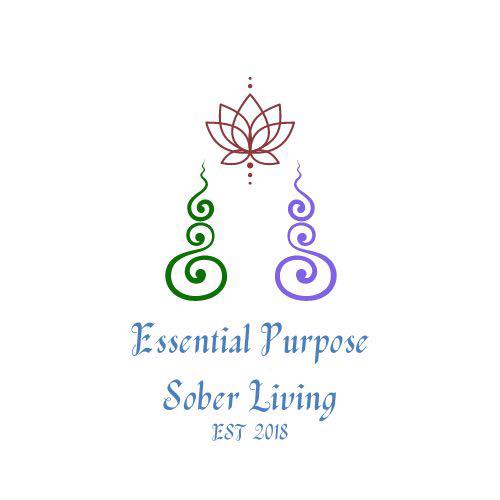Navigating Triggers in Sober Living: Tips and Strategies
Triggers are events or situations that can cause individuals to experience cravings for drugs or alcohol. While triggers can be difficult to avoid entirely, it’s important for individuals in recovery to develop strategies for managing them effectively. In a sober living community, where individuals may be exposed to a variety of triggers, learning how to navigate triggers is an essential skill for maintaining sobriety.
One effective strategy for navigating triggers is to identify them in advance and develop a plan for how to manage them. For example, if attending a social event is a known trigger, individuals can plan to attend with a sober friend or have an exit strategy in place if they feel uncomfortable or triggered.
Another effective strategy is to develop healthy coping mechanisms for managing stress and cravings. This might include practicing mindfulness, engaging in physical activity, or engaging in a creative pursuit like writing or painting.
In addition to these strategies, it’s important for individuals in a sober living community to have access to support and resources when navigating triggers. This might include therapy sessions, group meetings, or access to a mentor or sponsor who can provide emotional support and guidance.
It’s important to remember that navigating triggers is an ongoing process that may require flexibility and adaptation. What works one day may not work the next, and it’s okay to ask for help when needed. By developing strategies for navigating triggers and accessing support and resources when needed, individuals in sober living communities can increase their chances of long-term recovery.

